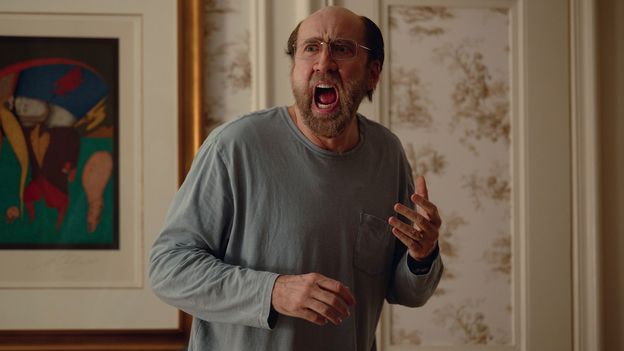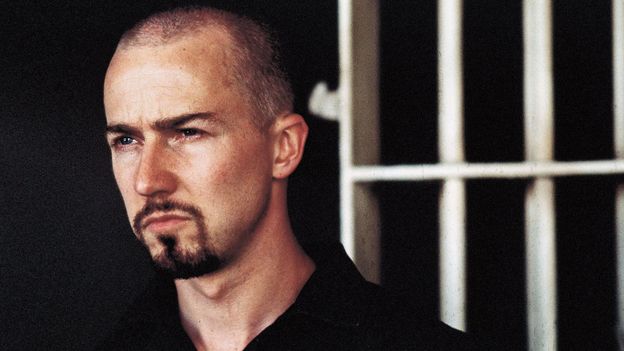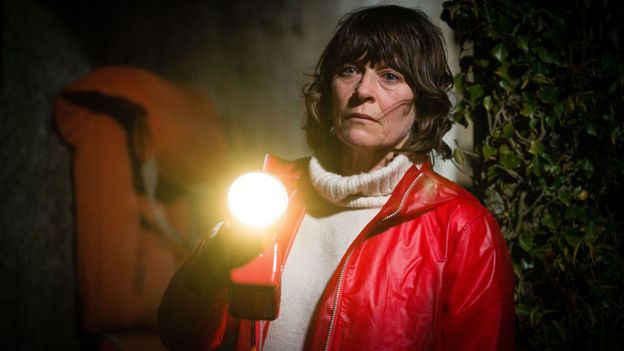And even without the full glitz and glam of US stars, film festivals have already been thriving. This year’s Edinburgh Film Festival saw some of its most famous potential attendees unable to participate due to the strikes, but for the festival’s executive producer Tamara Van Strijthem, that solidarity was a powerful statement. “While it would have been lovely to welcome them, we also totally understand the importance of this industrial action. All film festivals exist to showcase the fruits of filmmakers’ labour, so we mainly want to express solidarity with the screenwriters and performers who are organising for a better outcome for cinema in the future. And even without the influx of Hollywood into Scotland’s capital, the festival found no shortage of enthusiasm for its slate. This year we were glad that 71% of our cinema screenings were sold out, including international and local films, showing there is a real appetite for a broader array of cinema.”
The long-term effects
But beyond the immediacy of what happens at the festivals, the knock-on effect of the strikes is already looking deeply alarming, and will continue to do so until a deal can be found: as well as Challengers and Dune: Part Two moving to 2024, production has stopped on the latest Spider-Verse and Mission: Impossible films, as well as Ridley Scott’s much-anticipated Gladiator 2. In a particularly bad stroke of luck, strikes also reportedly shut down production on mega-hit musical adaptation Wicked, whose first part is slated for release in November 2024, with just a few days of principal photography to go. Certainly, there could be a stark 2024 ahead for Hollywood studios.
The most optimistic way to view the knock-on effects of the strikes would be to hope that the absence of Hollywood studio content opens up space for independent cinema and foreign films to fill the void. But the mainstream US film industry could be doing irreparable damage to itself. As former Paramount and 20th Century Fox CEO Barry Diller told CBS’s Face the Nation programme in July, the strikes continuing, combined with other factors such as the challenges faced by cinemas post-Covid and the huge losses being incurred by streaming platforms, could “potentially produce an absolute collapse of an entire industry”. And no exemptions for festival attendance can rectify that issue.
That cinema is facing such an existential threat right now is a particularly strange state of affairs following the recent meteoric success of “Barbenheimer”, two critically adored films from visionary directors, written with clear, unbridled creativity, and featuring casts of talented movie stars, which strongly contrast with 2023’s series of commercially disappointing sequels and superhero franchise extensions. Certainly, their success would appear to work in the strikers’ favour – for it suggests investing in singular talent is the path to profit. As critic Mary McNamara wrote in the Los Angeles Times: “If the Alliance of Motion Picture and Television Producers, which represents the studios, thought they could force concessions by continuing to leverage the notion that America is out of the moviegoing business, ‘Barbenheimer’ proved them wrong.”













